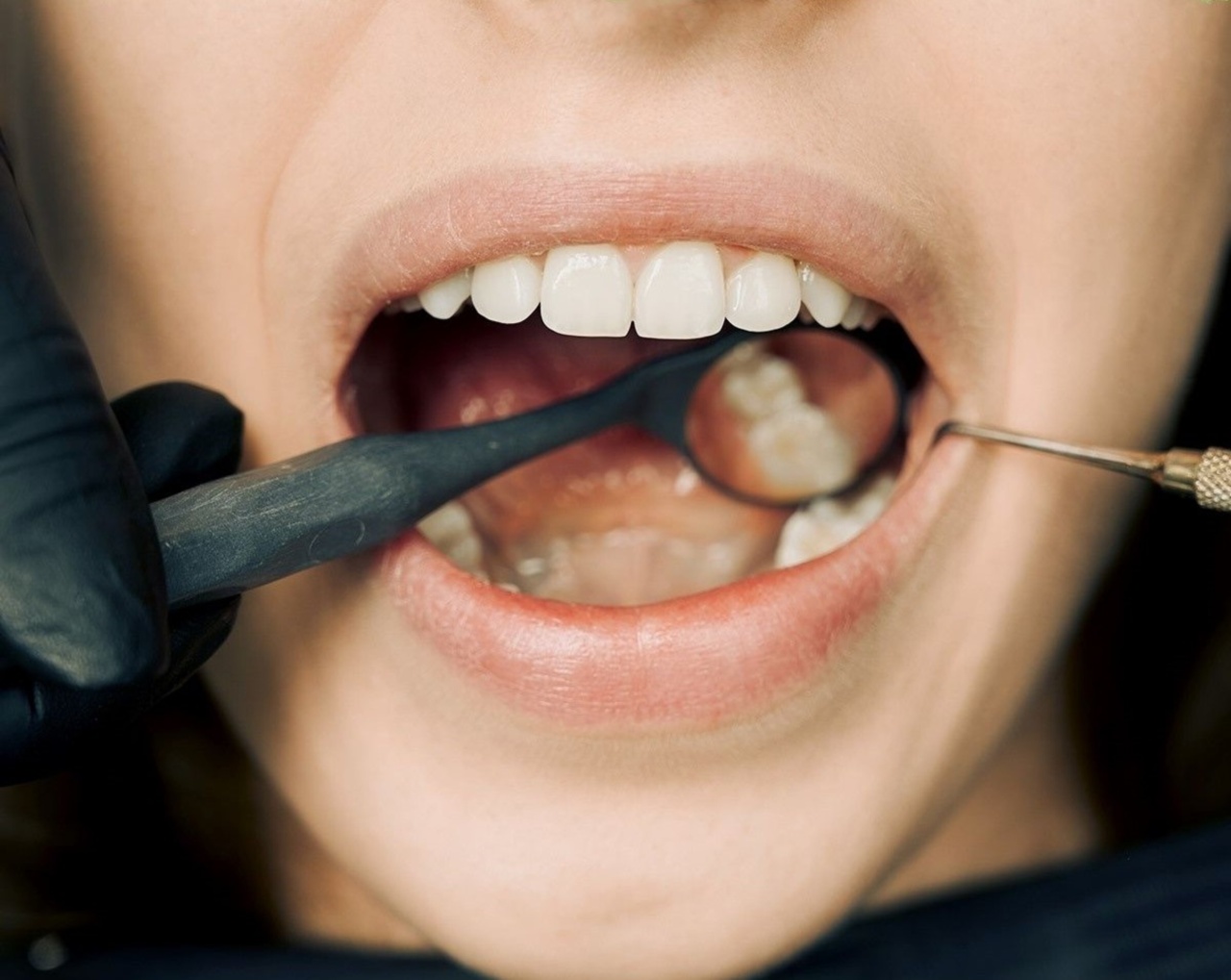Healthy gums are essential for maintaining overall oral health. Gums form a protective barrier around teeth and prevent bacteria from entering the bloodstream.
However, if your gums are bleeding frequently, it can be an indicator of an underlying dental problem that requires attention. In this article, we will explore the reasons behind bleeding gums and the necessary steps to take to prevent further damage to your teeth and gums.
What Causes Bleeding Gums?
There are several reasons why gums may bleed, including:.
1. Gingivitis
Gingivitis is a gum disease caused by plaque buildup on teeth. Plaque is a sticky film of germs that forms on teeth. It can irritate the gums and cause inflammation.
If left untreated, gingivitis can progress to periodontitis, a severe form of gum disease that causes tooth loss.
2. Periodontitis
Periodontitis is an advanced form of gum disease that affects the tissues and bone supporting teeth. The condition causes the loss of bone around the teeth, which can lead to tooth decay and tooth loss.
3. Brushing Too Hard
Brushing your teeth too hard can cause trauma to the gums. This can result in bleeding, gum recession, and tooth sensitivity. It is recommended to brush your teeth gently for two minutes, twice a day, with a soft-bristled brush to avoid gum injury.
4. Flossing Too Hard
Flossing too aggressively can also irritate the gums, causing bleeding and discomfort. Gently gliding the floss between teeth rather than forcing it can help prevent gum injury.
5. Vitamin Deficiencies
Vitamin deficiencies can also cause bleeding gums. Vitamin K deficiency, for instance, can impair blood clotting and cause bleeding gums. Vitamin C deficiency can lead to scurvy, a condition that causes weakened connective tissue, including gums.
6. Medications
Certain medications, such as anticoagulants and blood thinners, can cause bleeding gums. If you are taking any medication, discuss the side effects with your doctor.
7. Hormonal Changes
Hormonal changes, such as during pregnancy, menstruation, and menopause, can affect the gums, causing them to become swollen and bleed.
8. Medical Conditions
Medical conditions such as leukemia and diabetes can affect the immune system, making it easier for bacteria to invade gum tissues and cause bleeding gums.
What to Do If Your Gums Are Bleeding Too Frequently
If your gums are bleeding frequently, it is essential to see a dentist or dental hygienist for a proper diagnosis. The dentist will examine your mouth and may recommend various treatments, such as:.
1. Professional Teeth Cleaning
The dental hygienist will remove plaque and tartar buildup from your teeth and gums using specialized tools. This will help prevent further damage to your gums and teeth.
2. Scaling and Root Planing
If you have gum disease, the dentist may recommend scaling and root planing. This procedure involves cleaning the infected pockets around teeth and smoothing the root surfaces to prevent further bacteria buildup.
3. Medication
The dentist may prescribe antibiotics or other medications to treat gum disease.
4. Surgery
In advanced cases of gum disease, surgery may be necessary to remove the infected tissue and repair or regenerate the damaged bone and gum tissue.
Prevention Tips for Healthy Gums
To prevent bleeding gums, you can:.
1. Brush and Floss Regularly
Brush your teeth gently twice a day for two minutes with a fluoride toothpaste, and floss daily to remove plaque from between teeth.
2. Use a Mouthwash
Use a mouthwash that contains fluoride to help reinforce your teeth’s enamel and protect against cavities and gum disease.
3. Quit Smoking
Smoking can damage gum tissue, making them more susceptible to infection and bleeding. Quit smoking to improve your overall health and prevent gum disease.
4. Eat a Healthy Diet
Eat a nutritious diet rich in vitamins and minerals, essential for healthy teeth and gums. Foods high in sugar and carbohydrates, such as candy, soda, and chips, can promote plaque buildup and increase the risk of gum disease.
5. Visit Your Dentist Regularly
Visit your dentist every six months for regular checkups and professional cleaning. This will help detect any dental problems early and prevent further damage to your teeth and gums.




























